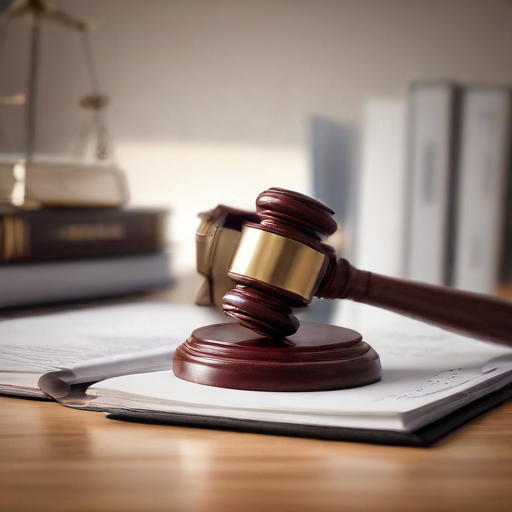A federal appeals court has upheld legislation that may lead to the potential ban of TikTok in the United States by mid-January, raising concerns over the future of one of the country’s most popular social media platforms. During a recent ruling, a panel of judges from the U.S. Court of Appeals in Washington, D.C., voted unanimously 3-0, citing national security issues related to the Chinese-owned app. The judges confirmed that the law could remain in effect, potentially resulting in TikTok’s prohibition in the near future.
Judge Douglas Ginsburg, representing the majority opinion, stated, “We conclude the portions of the Act the petitioners have standing to challenge, that is the provisions concerning TikTok and its related entities, survive constitutional scrutiny.” He emphasized that TikTok’s millions of users may soon need to seek alternative means of communication.
The ruling may now be taken up by the Supreme Court, which could either hear the case or uphold the appeals court’s decision. This situation poses a dilemma for President-elect Donald Trump, who previously attempted to ban TikTok in 2020 but recently expressed opposition to the move, arguing that it would favor TikTok’s competitor, Meta.
In response to the ruling, TikTok spokesperson Michael Hughes voiced confidence in the protection of Americans’ free speech rights by the Supreme Court. He criticized the ban as a product of flawed reasoning, alleging that the decision represents an effort at censorship over the user base in the U.S.
TikTok initiated legal action following the signing of the Protecting Americans from Foreign Adversary Controlled Applications Act (PAFACA) by President Biden. This law mandates that the parent company, ByteDance, divest its American operations by January 19, or face the blocking of its app from domestic app stores. TikTok’s lawsuit argues that the law discriminates against the platform due to its content, which they believe violates the First Amendment rights. Moreover, a group of TikTok creators highlighted the potential infringement on their free speech, underlining the impact on over 170 million Americans if the ban is enacted.
In summary, this ruling is a critical moment for TikTok as it navigates legal avenues to protect its platform and user community in the face of national security concerns. There is hope that the Supreme Court will consider the broader implications of free speech and allow the millions of users to continue using the app without fear of censorship.
